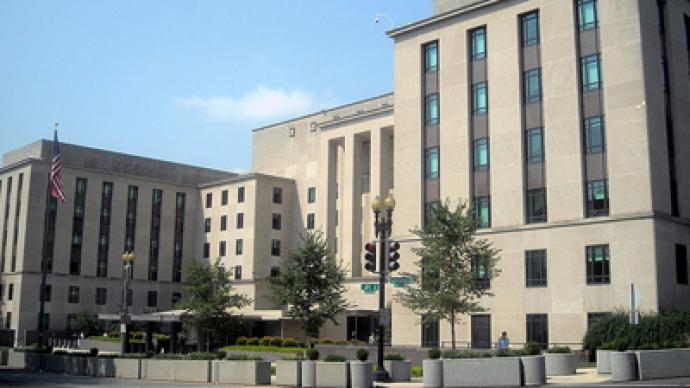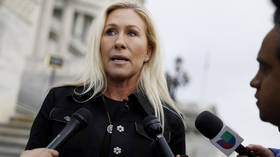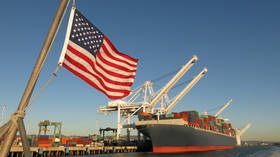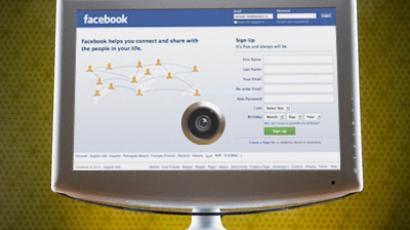State Dept. blocks access to indie news sites

A week after the US State Department announced plans to spend millions to increase access to restricted Websites in China, its being made public that they themselves are restricting access to certain news sites in America.
If you’re viewing the Web from a State Department office, attempts to access some sites that publish documents disclosed by Wikileaks will be met with a roadblock. A warning, “Your requested URL has been blocked to prevent classified information from being downloaded,” is prompted upon an attempt to load certain sites, citing a security risk of type “policy_wikileaks.”On May 12, the State Department announced plans to pledge $19 million towards technology that would evade Internet controls in China, Iran and other states where access to politically-sensitive material is sparse, reports Agence France-Presse. Speaking to AFP, Assistant Secretary of State in Charge of Human Rights Michael Posner said, "We're responding with new tools. This is a cat-and-mouse game. We're trying to stay one step ahead of the cat.”In their own offices, though, the rodent is the American worker and some websites are more like mousetraps.While many US Government computers will allow access to more mainstream media sites, including Washington Post and the New York Times, attempts to view material on independent news sites, such as TomDispatch.com, are met with no success. While mainstream outlets may comment and post excerpts of Wikileaked documents, places where docs are displayed in full are being blocked by the State Department.So while, for instance, the ordinary Chinese citizen can easily obtain access to independent news sites that disclose Wikileaks materials in full, American diplomats at the US Embassy in Beijing cannot. Their Internet world is limited by a firewall that keeps Americans glued to the mainstream news sources.














